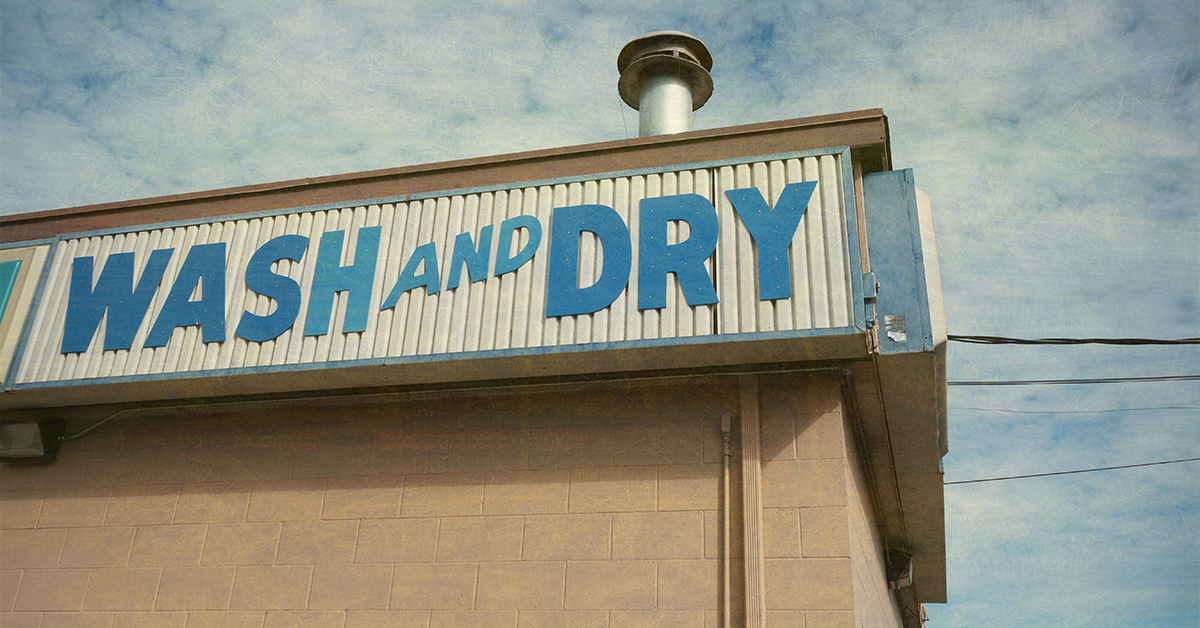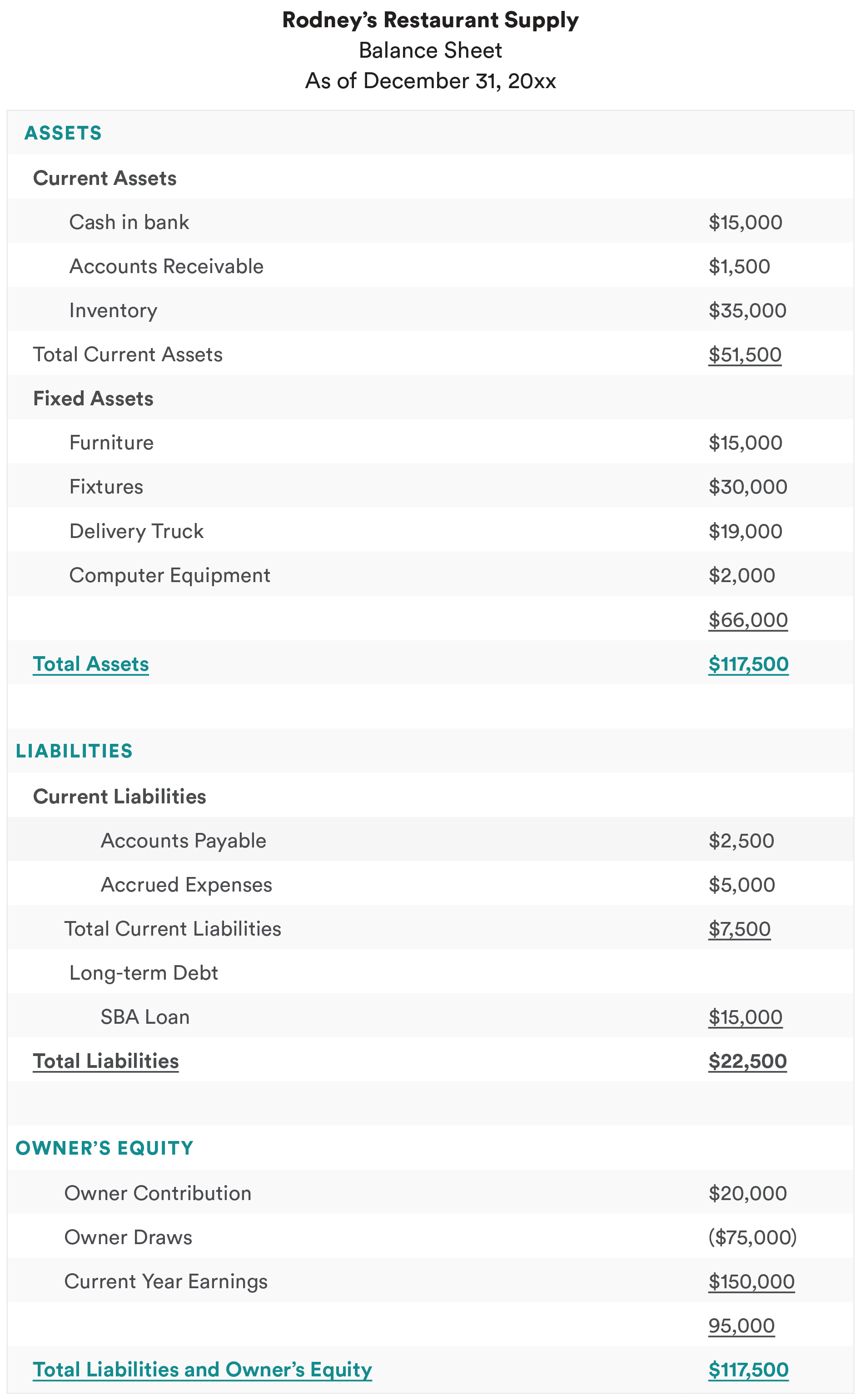
Jun 24, 2022
Owner's Draws: What they are and how they impact the value of a business
Interested in buying a small business?
Subscribe to our Listing Alerts for early access to new listings.
Being a small business owner isn’t always easy, but it does come with certain benefits. Some of the major ones are unrivaled autonomy, the ability to have an outsized impact on your community, and (of course) some flexibility when it comes to compensation. One of the big perks of ownership is that you have access to different compensation structures than your average Joe—some of which are more creative than others. We’ll walk you through the three main structures when it comes to owner compensation.
The first, and simplest, form of owner compensation is a salary. This salary is subject to income taxes, federal withholdings, etc. In this case, W-2 statements are representative of what the owner receives from the business. Technically, this salary should not vary materially from month-to-month. It should be more or less fixed on an annual basis.

The second, and most complicated, form of owner compensation is through discretionary benefits. Oftentimes, this includes 401(k) or retirement benefits afforded to the owner, but not other employees. This can include paying above-market salaries or wages to family members. This can include running personal expenses such as phone bills, auto payments, and life insurance through the business.
The third, and slightly less common, form of owner compensation is through an owner’s draw. This is when an owner takes company money out of the bank account for personal use. This is most common in a sole proprietorship or partnership. This is typically done in tandem with a lower salary, whereby the owner can size the distributions withdrawn from the business to the business’s profitability or earnings in a year.
What makes an owner’s draw unique?
The difference between salaries and discretionary benefits vs. draws is how they affect the business’s profit-and-loss statements. Instead of being treated as an “expense” and reducing amount of income the business reports, it’s treated as an equity withdrawal.
Think of it as the difference between deducting from income before it hits the bank account vs. deducting from income after it hits the bank account.
Why does this matter in business sales?
When calculating the value of a small business, it’s important to calculate seller’s discretionary earnings for the past three years. We’ve discussed SDE in detail in other posts, but in short, it means taking the income and adding back any expenses that were made at the discretion of the current owner.

The purpose of calculating SDE is to allow people to analyze a business independently of how the current owner decides to compensate him- or herself. The larger the SDE, the larger the value of the business, as a buyer is essentially paying a price for the money they could earn from the business in the future.
Is an owner’s draw an expense?
When we calculate SDE for small businesses, owners who take a draw often ask why their draw is not included in the SDE calculation. The reason is because their draw was never an expense in the first place. It was a decision made after the income was booked. If you were to include an owner’s draw, it would be like double counting earnings. You counted it once when you reported it as income and twice when you took it out of the bank and put it in your pocket.
So, how do you account for an owner’s draw?
Instead of affecting the profit-and-loss statement of a business, an owner’s draw is a reduction on the owner’s equity account in the business and is reflected in the balance sheet statement of a business.

What’s better between a draw and a salary?
Ultimately, the decision to take a draw vs. a salary is a personal one and something that should be discussed with your accountant.
However, we always recommend that owners report as much income as possible in the years leading up to the sale of their businesses. While it may not be fun to increase taxes, income reported to the IRS is the most trusted form of earnings by buyers. At the end of the day, Uncle Sam endorsing your earnings is still the highest seal of approval and worth the cost for the business owner looking to exit.
Interested in buying a small business?
Subscribe to our Listing Alerts for early access to new listings.

Will founded Beacon with the mission to help the current generation of owners to retire while enabling the next to unleash their entrepreneurial spirit. He comes from a business background having graduated from the Wharton School with a B.S. in Economics.
Information posted on this page is not intended to be, and should not be construed as tax, legal, investment or accounting advice. You should consult your own tax, legal, investment and accounting advisors before engaging in any transaction.

Calder Capital

Sam Domino

